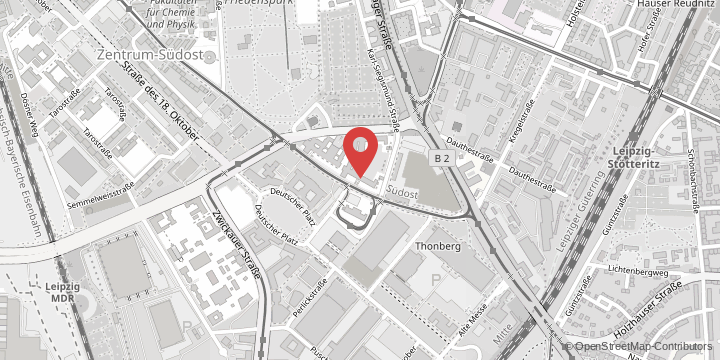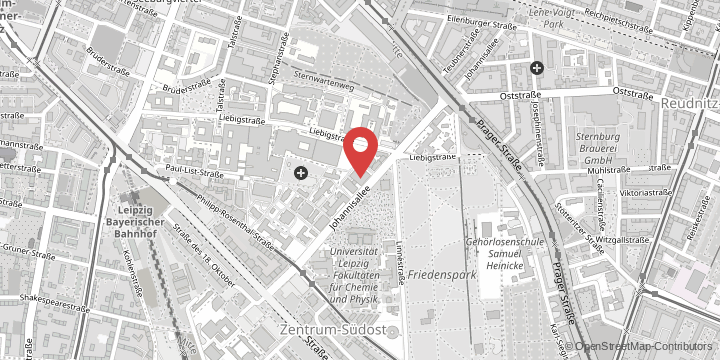Transnational Seminar "Cultural Transfer" in collobaration with Département d'Histoire − ENS-PSL
Contours and Transnational Aspects of Belle époque Anarchist Counterculture
The transnational research seminar consists of lectures by invited international scholars dedicated to the study of cultural transfers in very different regions. The sessions of this seminar are held in French, English or German, whereby the language of the lecture results from the given working title, while interventions in the discussion are possible in all three languages.
Hugo García, Universidad Autónoma de Madrid
Mapping and Making Sense of Intentional Communities in the Belle époque, ca. 1880–1914
The prewar decades witnessed one of the widest waves of communitarian living in history, with hundreds of communities mushrooming in Europe, the Americas, Australia and New Zealand, South Africa, Palestine and other regions. This social trend built on previous traditions of socialist and religious utopianism but expanded into a self-conscious attempt to escape the perceived ills of industrial society, reform everyday life and, in some cases, popularize the idea of social revolution.
Echoing Constance Bantman’s intervention, this paper will map and interpret these communities, and above all those inspired by anarchist ideas and values, to better understand radical geographies and worldviews on the eve of the war. Taking these experiments seriously allows us to explore the complex links connecting different parts of a rapidly globalizing but highly unequal world as well as to think through the problems raised by these connected but in fact highly diverse initiatives. To what extent was there a global counterculture before the war and how did it interact with different social and political agendas? What were the communities’ driving impulses, inner dynamics and impact on mainstream society? How were they affected by the war and how do they differ from the postwar communities studied by Robert Kramm among others? The presentation will raise
these problems and suggest tentative answers through a comparison of the most ambitious communities and the writings by and on their participants.
Constance Bantman, University of Surrey
Les réseaux anarchistes transnationaux, entre local et global
Cette communication se concentrera sur plusieurs « noeuds » du militantisme anarchiste transnational dans les années 1880–1914, notamment les milieux d’exil et de migration internationaux de Londres, ainsi que les réseaux noués autour des périodiques édités à Paris par le journaliste, éditeur et théoricien Jean Grave : Le Révolté (1879–1887), La Révolte (1887–1894) et Les Temps Nouveaux (1895–1914). Ce corpus permettra de confronter différentes modalités du militantisme anarchiste transnational au sein des communautés multilingues et trans-partisanes créées par l’exil, les migrations et les diffusions d’imprimés ; en empruntant aux travaux sur les dimensions spatiales de l’anarchisme, on pourra ainsi se demander jusqu’à quel point ces espaces militants peuvent eux aussi être analysés comme des « communautés intentionnelles ».
Également en écho à la communication d’Hugo Garcia, cette intervention s’appuiera sur ces études de cas pour interroger l’existence d’une contre-culture anarchiste mondiale dans les trois décennies précédant la Grande Guerre, en soulignant les communautés transnationales structurées par ces échanges et ces mobilités, ainsi que les multiples échelles sur lesquelles ces liens se déploient et fonctionnent.
En contrepoint, il convient néanmoins d’interroger les enjeux de pouvoir, dynamiques spatiales et hiérarchies implicites associés à ces circulations, dans le cadre d’un mouvement égalitaire et internationaliste comme l’anarchisme. Dans quelle mesure peut-on parler de dynamiques diffusionnistes, voire eurocentriques, en considérant d’autres espaces où l’anarchisme s’est développé, notamment en Amérique latine et en Asie ? Quels discours les anarchistes eux-mêmes ont-ils tenus concernant ces échanges, quelles visions du global ont-ils articulées ?






























































